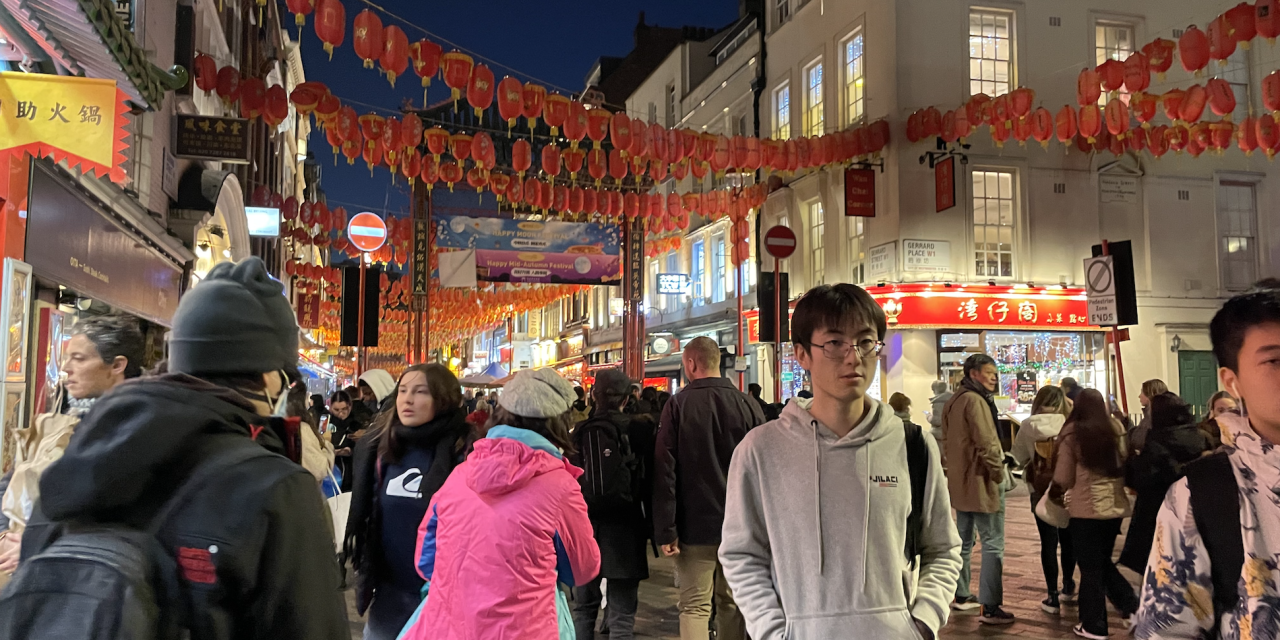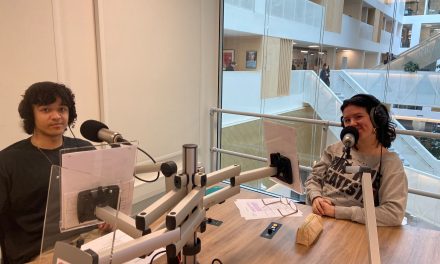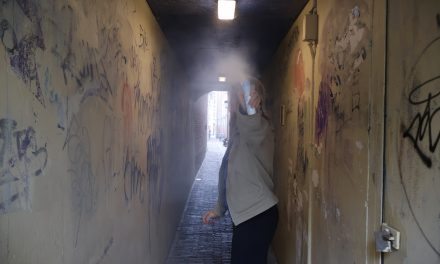During the pandemic there was a surge in Asian hate, and hate crimes. In some cities in the UK Asian hate crimes almost tripled. Considering the fact that the UK has mostly Asian international students, how do these students experience the UK before, during and after this Asian hate surge?
Something noticeable is that research shows people from Asian descent are less likely to report hate crimes to the police. The chances are therefore big that the numbers that were registered are off from the actual amount of hate crimes. Let’s start with explaining what a hate crime is, because it varies. It can be physical assault, it can be verbal abuse or incitement to hatred etc. Data about this topic isn’t complete, since not every police force provided the requested data to the source being used. But these numbers show that hate crime rose about 50% between 2018 and 2020. The hate crimes that were reported were for example; assault, threats to kill, threats to destroy or damage property and so on.
UK as a popular destination
And when China is the country that sends more students to the UK than any other country overseas, those numbers are quite high. In the school year of 2020/2021, 32% of all students from outside the EU were from China. Since the school year of 2016/2017 till the year of 2020/2021, the amount of international students has increased by 50%. And that’s when we’re only talking about China, countries such as South-Korea, Japan, Indonesia and so forth haven’t even been taken into account yet.
Next to the hate crimes there are microaggressions, which are things that are usually not reported to the police, but are things that people can experience as hurtful. Those are more examples of indirect, subtle or unintentional discrimination.
Something that Jane also experienced, she studies abroad for three months for her Anthropology study; ‘Overall I haven’t experienced blatant racism in London the only instance I recall now is when I was at the Stansted airport and security spoke English to everyone in front of me and asking them where they were going and where they from but when he got to me he only motioned for me where to stand and spoke really slowly like to someone who couldn’t understand English which I thought was strange and quite ironic since all the people who he talked to normally before were all from non english speaking countries like Argentina and that I was the only one from the United States where English is the first language.’
‘This experience made me feel quite disappointed because I definitely felt like my appearance as an east-asian individual played a big part in security guards behavior.’ Next to that not a lot happened and she experienced England as quite pleasant.
Something Vianca didn’t always feel to be so. She can explain to us the difference she felt before, during and after the pandemic, having studied five years abroad in England. ‘It was more “on-the-face” after the pandemic for sure. I’ve had more pandemic-related instances such as younger kids around 12 to 15-years old walking toward me and pretending to cough as I was exiting Sainsbury’s. In terms of microaggressions, I still experience it and there’s not much difference to be honest. But I do see an increase in asian hate after the pandemic mainly through social media posts and news. Not sure if it’s generally increasing or if it was just more reported during the pandemic.’
The tone was slightly different from the microaggressions that I experienced before covid, were people looking down on me then. My old university had a lot of chinese students and I look very chinese and a lot of chinese students don’t speak english they speak very limited english and that created this whole assumption almost that people who look chinese who people assume to be chinese don’t really speak english and typically don’t do really well.
‘At first I was very taken aback and annoyed. Perhaps because I’ve seen it a lot on social media and I felt more intense emotion when it was hurled at me directly, in real life. There’s a sense of paralysis of not knowing what to do or how to react. Like when I was in a taxi and the driver started insinuating racist comments, how am I supposed to fight back when I was in the backseat and the car was moving and they clearly knew my destination which was where I lived. Things like that made speaking up super scary.’
how am I supposed to fight back when I was in the backseat and the car was moving and they clearly knew my destination which was where I lived. Things like that made speaking up super scary.’
‘Even after being there for five years I still felt like I didn’t belong there if that makes sense. It’s in contrast with moving to Singapore cause I just moved to Singapore in september and in just about three/four months here I feel like you know pretty comfortable here. I guess there was always just a sense of “I’m never going to call the UK a home, or feel really comfortable there” If I try to track back to what causes this feeling it probably has to do something with the discrimination, the asian-hate, that I’m experiencing as I was there. That’s probably it.’






